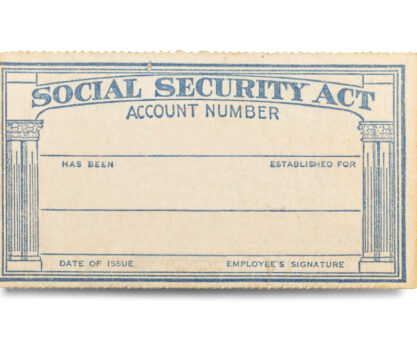Selling your home after you retire is a huge decision you shouldn’t rush into. In addition to rising mortgage interest rates and property taxes, there are a number of unexpected costs to consider before you decide.
Hidden Costs of Selling a Home
Selling a home involves closing costs for fees like Title Insurance and home inspections plus up to 6% of the sale price for real estate agent commissions. If you make a profit of more than $250,000 the IRS considers it taxable as income.
Hidden Costs Of Buying Another Home
Home prices have increased significantly over the past few years, especially in Sunbelt States popular with retirees like Florida, Texas, and Arizona. As mentioned above, there are closing costs to consider, plus insurance and property taxes and the expense of moving and buying new furniture.
You May Not Have Enough Home Equity
If you don’t have enough equity in your current home, you won’t be able to buy a retirement home with cash. This puts you in the position of taking out a mortgage that may have a higher interest rate and monthly payment than you pay on your current home. Remember – the top expense for retirees has always been housing.
Your Home May Not Be In The Condition To Sell
In a competitive real estate market, the condition of your home could force you to lower your asking price. Before you put your home on the market, pay for a thorough Home Inspection so you know what repairs are needed before potential buyers get their own home inspection – and they will.
“The truth is, there’s no one-size-fits-all strategy when it comes to deciding whether or not to sell your home in retirement.”
The Impact Of Rising Interest Rates
When mortgage interest rates increase, purchasing a home becomes more expensive for buyers because mortgage payments are higher. As a result, buyers either look for lower-priced properties or put their homeownership plans on hold until the market improves. This means your home may remain on the market for an extended time. With 2024 mortgage interest rates hovering around 7%, the current real estate market may not be for selling your home or, for that matter, buying a smaller retirement property.
Consider Your Financial Situation Once You Retire
Everyone’s financial situation is different. The truth is, there’s no one-size-fits-all strategy when it comes to deciding whether or not to sell your home in retirement. If you’ve already paid off or paiddown your mortgage, time is on your side and you don’t have to rush into selling. To learn more, connect with an FRC® trained advisor who can help you crunch the numbers.



























